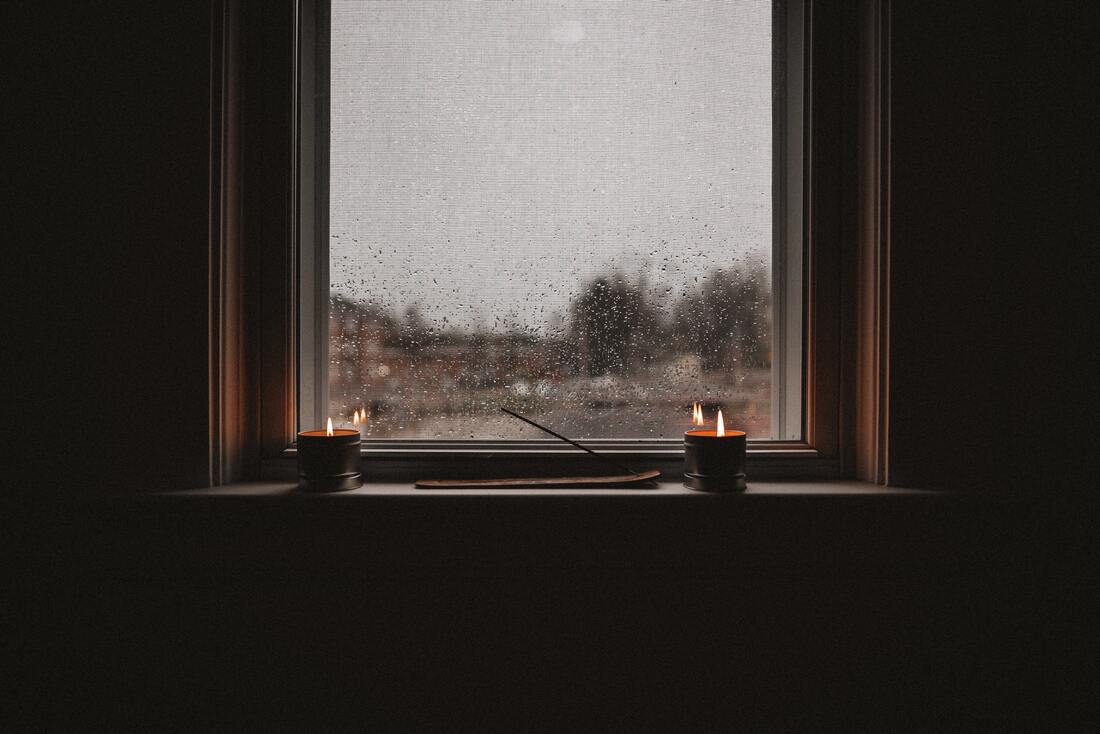|
Seasonal affective disorder (SAD) is a type of depression that is related to changes in seasons. SAD begins and ends at about the same times every year and, if you're like most people with SAD, your symptoms start in the fall and continue into the winter months, sapping your energy and making you feel moody. Warning Signs that SAD is Approaching:
Preventing Symptoms of SAD:There is no single known way to prevent the development of seasonal affective disorder; however, there are ways in which you can prevent symptoms from worsening. If you can get control of your symptoms before they get worse, you may be able to ward off serious changes in mood, appetite, and energy levels.
It is important to note that it is normal to have some days when you feel down. But if you feel down for days at a time and you can't get motivated to do activities you normally enjoy, it may prove beneficial to reach out for assistance. This is especially important if your sleep patterns and appetite have changed or if you feel hopeless, think about suicide, or turn to alcohol or other substances for comfort or relaxation. Don't brush off that yearly feeling as simply a case of the "winter blues" that you have to tough out on your own. Asking for help is a sign of strength and movement towards a better version of yourself. Consider how you can start managing seasonal affective disorder today and live a happier life in every season.
|
|
OverviewNWO’s source for all things relationships, mental health, wellness, lifestyle, and pandemic support. Kelly Magazine is a mental health outreach initiative created by Kelly Mental Health and supported by Kelly Mental Health Foundation, a non-profit organization dedicated to improving the community in the area of mental health.
|
Magazine |
Follow Us |
In support of @kellymentalhealthfndn |
© COPYRIGHT. ALL RIGHTS RESERVED. WEB DESIGN BY KMH




